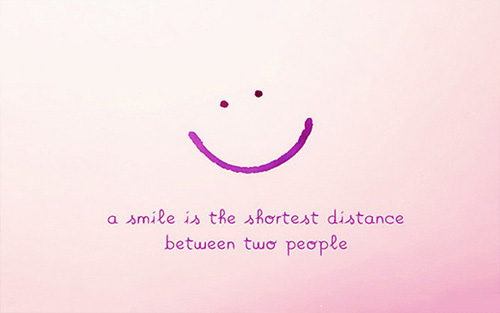时态(tense)是一种动词形式,不同的时态用以表示不同的时间与方式。它是表示行为、动作、状态在各种时间条件下的动词形式,下面是小编收集整理的高中英语单词时态填空题,大家一起来看看吧!
高中英语单词时态填空题:
【2012湖北随州】27.—I’v just got a new MP4.
—Where _____ you ____it?
—In a shopping mall near here.
A. have;bought B. did; buy C. are; bought D. were; getting
【答案】B
【2012湖北随州】29. —When and where to spend the holiday _______ yet.
—Let’s make it now.
A. is decided B. doesn’t decide C. has not been decided D. has decided
【答案】C

【2012湖北随州】32. There ______ some flowers on the teacher’s desk just now, but now there ______nothing on it.
A. have; has B.were; was C. were; is D.has; has
【答案】C
【2012·湖北·武汉】30. -What’s his brother?
-He is a teacher. He _____ maths at a school.
A. taught B. has taught C. teaches D. will teach
【答案】C
【2012·湖北·武汉】31. I don"t remember when and where I _____ this umbrella.
A.buy B.have bought C.will buy D.bought
【答案】D
现在完成时典型考题:
1. So far this year we ______ a fall in house prices by between 5 and 10 percent.
A. saw B. see C. had seen D. have seen
分析:D。短语so far意为“到目前为止”,它习惯上要与现在完成时连用。

2. —Do you think we should accept that offer?
—Yes, we should, for we ______ such bad luck up till now, and time ______ out.
A. have had; is running B. had; is running
C. have; has been run D. have had; has been run
分析:A。根据句中的up till now可知,第一空应填现在完成时,故可排除B和C;run out的意思是“(时间)流逝”,为不及物动词,以时间名词作主语时,没有被动语态,故可排除D。
一般现在时表将来:
当主句为将来时态或表示将来意义时,时间和条件的状语从句必须用一般现在时表将来:
I’ll write to her when I have time. 我有空会给她写信。
Turn off the lights before you leave. 走前关灯。
If we hurry, we may catch the bus. 如果赶紧走我们可能赶得上公共汽车。
Tell me in case you get into difficulty. 遇到困难请告诉我。
【注】① 除表示时间和条件的状语从句外,表示让步、相似、比例的从句也必须用一般现在时表示将来:
I’ll follow him wherever he goes. 他去哪儿,我就跟着去哪儿。
Whatever you say, I won’t pay. 无论你说什么,我都不会付钱。
Whether we help him or not, he will fail. 无论我们帮他与否,他都会失败。
I’ll have a good time whether I win or lose. 赢也好,输也好,我都将会玩好。
The more you eat, the fatter you will become. 你吃得越多就会越胖。
② 另外,当主句为用将来时态时,定语从句也通常用一般现在时表将来:
I’ll give you anything you ask for. 你要什么我都给你。
You can have anything I find. 我找到的任何东西你都可以拿去。
Everyone who comes first will get a present. 每个先来的人都可得到一份礼物。
“be going to+动词原形”与“be to+动词原形”的区别:
两者均可表示按计划或安排要发生的动作,有时可互换(但be to比be going to正式):
Where are we going to stay tonight? 我们今晚住哪里?
I’m (going) to play tennis this afternoon. 我打算今天下午打网球。
另外,be going to 还可表示预测,即根据已有迹象预测将要发生的动作,此时不能用be to:
Look, it’s going to rain. 看,要下雨了。
与“高中英语单词时态填空题”相关文章
赞(0)
12
12
分享:

